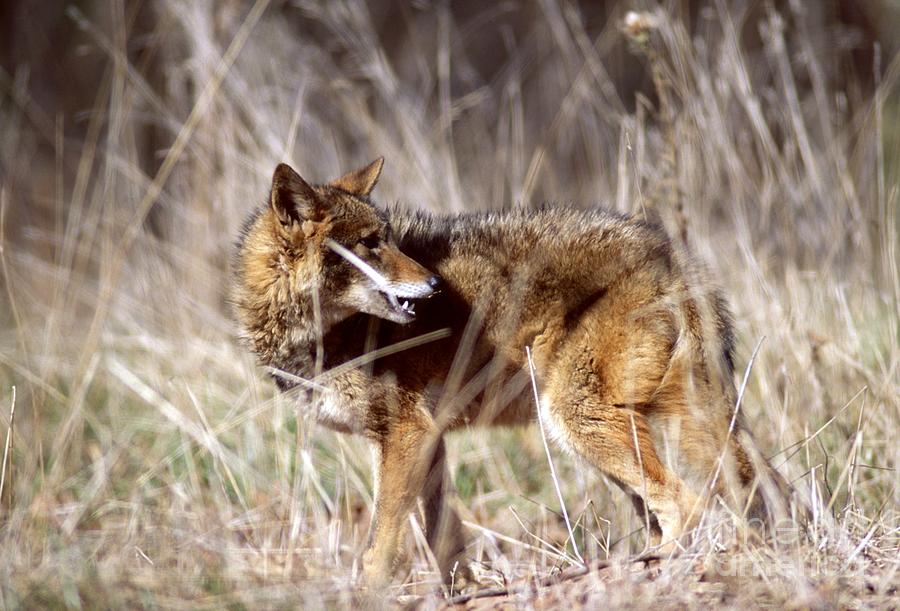

Weight ranges for the slightly larger cousin to the western coyote, are on average between 22- 41 pounds. This unique and historically significant species began its evolution over a century ago filling an ecological niche. coyote) often being referenced by scientists as Canis latrans x lycaon and/or Canis latrans var. A rich genetic blending which has led to the Eastern Coyote (e. Genetics from the Algonquin wolf (Eastern Wolf) and Western Coyote hybridization has evolved into what is commonly referred to as the Eastern Coyote. The Family Canidae is referred to in general as the canids. They are part of the Family Canidae which includes dogs, wolves, foxes, jackals. The scientific name for the coyote is Canis latrans (western coyote).

One of the most misunderstood and maligned native carnivores, the coyote has been persecuted throughout history in North America and yet has aptly adapted to living in diverse ecosystems including populated metropolitan centers such as Toronto, Canada and Chicago in the United States. Coyotes are a respected part of Native American storytelling and hold a sacred place in many cultural traditions today. Known as North America’s song dog, their brilliant vocalizations have graced ancient lands since the Pleistocene era. With little protection through lethal management policies, coyotes are destroyed without any policy accountability. Coyotes, a keystone species, are one of the most persecuted animals in North America.
#Wolf coyote how to
In other words, when communities experience conflict, much can be learned from the presence of coyotes on how to become better stewards and citizens. Coyotes put us all on notice when they get too comfortable around people because of human indifference and misunderstanding about this family oriented, social and highly adaptable canine. North America’s Song Dog: A Champion Ambassador for Co-flourishingĬoyotes are the epitome of a reliable “eco-thermometer” for any community in which they inhabit. Learn more at Coyote Wolf Bear Education Initiative. Facilitating non-lethal, sustainable strategies for communities through education promotes awareness and appreciation for wildlife. This highlights the need for more innovative and progressive educational outreach such as the Coyote~Wolf~Bear Education Initiative.Īs paradigm shifts in conservation science bring ethics to the forefront of wildlife management, we underscore the importance of minimizing wildlife encounters. Urban and rural entities are now forced to assume responsibility for managing wildlife interactions without preparatory training or a solid background of science-based mitigation methods. We can provide accurate information about behaviour, risk management and non-lethal conflict solutions that support people, coyotes, wolves and bears inhabiting a shared landscape.īudget cuts continue to limit the provincial government’s capacity to engage directly with concerned citizens to solve and mitigate wildlife conflicts with programs such as Bear Wise.

To foster coexistence, we are committed to providing the public, elected municipal leaders and other community stakeholders with effective tools to navigate the science behind wildlife biology in real-world scenarios. The Coyote~Wolf~Bear Education Initiative is a partnership with a shared vision of bringing wildlife coexistence strategies to communities across Ontario.


 0 kommentar(er)
0 kommentar(er)
